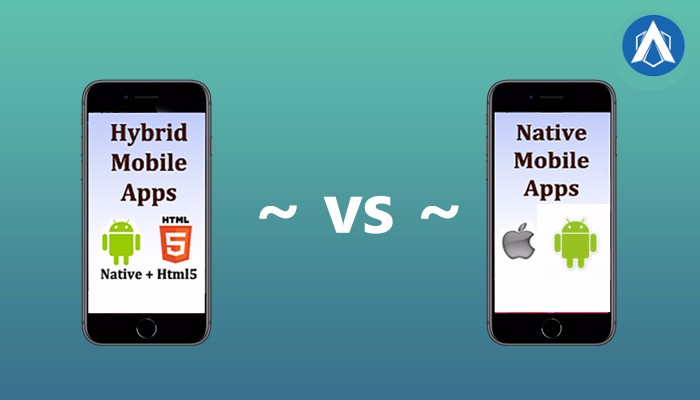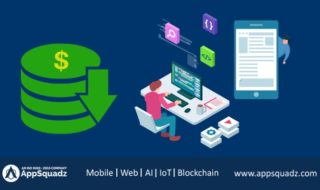
Native vs Hybrid Mobile Application Development
The minute you consider putting resources into mobile application development, you’re instantly looked with different kinds of phrasing. What are web, hybrid and native mobile applications? All the more essentially, which is most suitable for you and your application?
One of the main choices you’ll confront is which sort of application to construct. Also, there is no authoritative answer. Your decision will rely upon a cluster of contending factors, including your financial plan and your due date.
The point of this article is to give you a sound comprehension of the distinctive kinds of applications accessible and to help your choice with reference to what innovation you should use for your mobile application development.
Native Mobile Applications
Native mobile applications are produced in a programming language local to the gadget and working framework, and require one particular application to be made for one target stage for example Android application development and iPhone application development.
Native mobile apps are developed using languages like Objective-c or Swift for iOS and Java for Android etc.
Advantages of Native Apps:
- It gives access to every one of the highlights offered by the gadget and working framework. You won’t keep running up against something different applications can do that your application can’t.
- Permits using propelled highlights, for example, Access USB input, complex systems administration, memory administration and so forth.
- There are no restrictions as far as application execution and speed. This is essential while making an illustration escalated application, for example, a diversion, or an application that will be utilized by a great many clients
- Fabricated utilizing advances prescribed and utilized by the gadget’s maker
- It can give a local UI ‘out of the case’ – when utilized effectively the application’s UI will refresh as the working framework refreshes after some time
- There are no constraints as far as cutting-edge UI customisation.
Hybrid Mobile Applications
Hybrid mobile applications are created utilizing a middle language, for example, JavaScript, that isn’t native to the gadget’s working framework. This implies a few, or all, of this code can be shared crosswise over target stages – for example, crosswise over the two iOS and Android.
Cross-stage applications are distinctive to HTML5 hybrid application development and generally consolidate a blend of native applications and hybrid application ideas.
Cross-platform mobile applications are written with Xamarin, Appcelerator, React Native and NativeScript dialects, rendering a completely different product.
Advantages of Hybrid Apps:
- One code can be run on different versions of various devices
- The User Interface is tried to match the ‘native’ framework thus the UI performance is also near to native apps.
There are distinct markers for segregating the plus and minus of both hybrid and native application approaches, and that is the reason this talk is as yet important. Speed to showcase, one source code, cross-perfect web advancements, simple updates, accessibility of assets, and lower spending costs make hybrid mobile application development extremely engaging. Be that as it may, even with 4G arrange scope most mobile phones today are not at the point where a consistent hybrid application encounter is really conceivable. Over the long haul, the greatest derogation of hybrid application development is that an organization will probably invest more energy settling and tweaking the application due to client objections about UI components or execution driven issues.
Also, local applications have the additional preferred standpoint of capacities that are particular to the OS on which the application is assembled (e.g., camera, GPS, address book, etc.). Moreover, a native mobile application development approach offers the best in class security for a versatile application, the best execution, a profoundly responsive UI, and access to all local APIs. At the end of the day, the first venture might be higher yet an organization will spare time and cash over the long haul while offering an incredible client encounter and an industry standard application execution.
Each approach has its upsides and downsides yet by the day’s end a local application approach will have the greatest advantages for an organization’s main concern.






